The Renaissance of Ancient Board Games Through Artificial Intelligence
Artificial Intelligence (AI) has revolutionized various domains, transforming industries and enhancing our quotidian existence. A particularly captivating application of this technology lies in its rejuvenation of ancient board games. These age-old games, imbued with cultural heritage and strategic profundity, are witnessing a resurgence thanks to AI advancements. In this discourse, we explore how AI is infusing new vitality into these classical pastimes, delving into the multifarious impacts and the thrilling future that awaits.
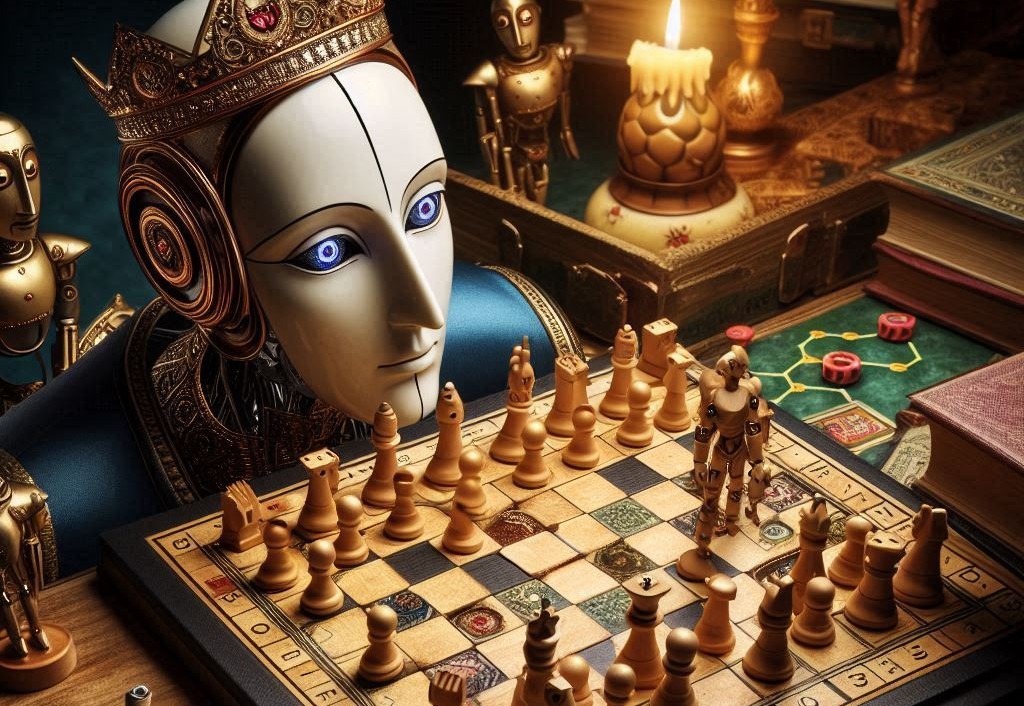
Convergence of AI and Time-Honored Board Games
Ancient board games such as Go, Chess, and Backgammon have enthralled players for centuries. Their intricate strategies and storied histories have rendered them perennial favorites. However, the advent of AI has instigated a paradigmatic shift in how these games are played, scrutinized, and appreciated.
Augmenting Strategic Sophistication and Learning
AI algorithms, particularly those employing deep learning and neural networks, have exhibited extraordinary prowess in mastering complex board games. AlphaGo, created by DeepMind, garnered global attention by vanquishing world champion Go players. This feat was not merely a technological triumph but also a testament to AI's capacity to enhance human strategic cognition. Players can now analyze games with unparalleled depth, uncovering novel strategies and honing their skills through AI-driven insights.
Historical Preservation and Cultural Enrichment
AI is pivotal in the preservation and appreciation of ancient board games. By digitizing ancient manuscripts and game rules, AI ensures that these cultural treasures are not consigned to oblivion. Machine learning algorithms can decipher historical texts, reconstructing lost rules and variations of games that might otherwise fade into obscurity. This preservation endeavor transcends mere documentation, fostering a deeper cultural appreciation and understanding among contemporary players.
AI-Driven Game Analysis and Enhancement
The analytical acumen of AI has transformed the way we study and excel at board games. Traditional learning methods through books and human adversaries are now augmented by sophisticated AI tools.
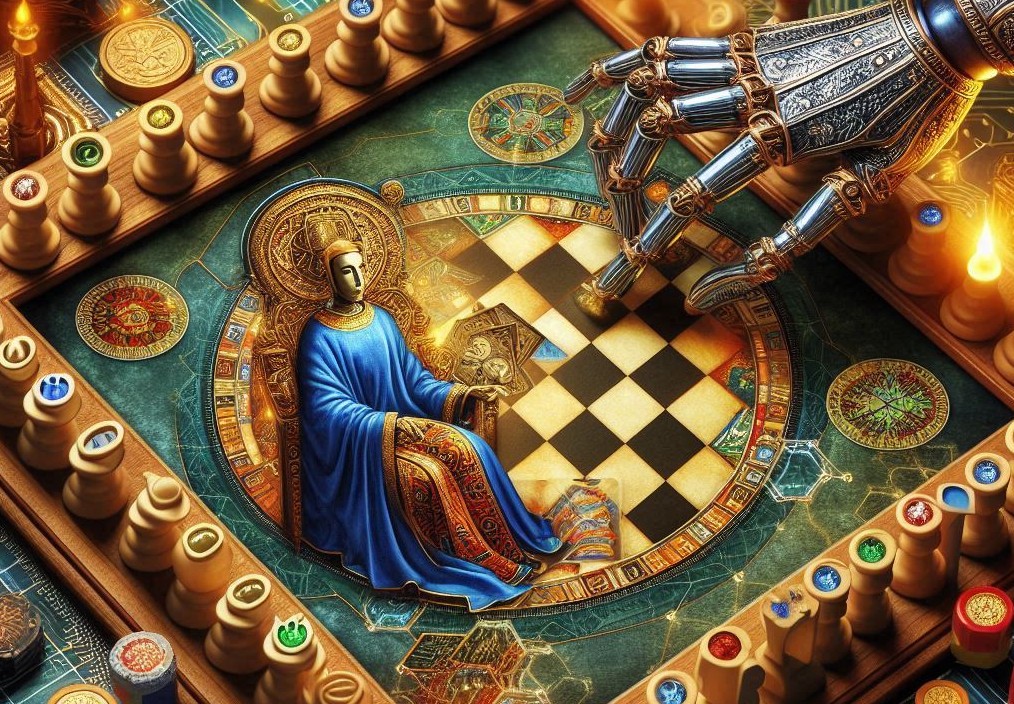
Advanced Game Scrutiny
AI can scrutinize thousands of games in a fraction of the time required by humans. This capability allows players to discern patterns, weaknesses, and strengths with unmatched precision. Tools like Leela Chess Zero and KataGo provide players with detailed move-by-move analysis, helping them grasp the intricacies of their gameplay and learn from their errors.
Tailored Training and Coaching
AI-driven applications offer personalized training programs tailored to individual players' strengths and weaknesses. These programs adapt over time, presenting increasingly challenging scenarios to aid players' progression. Virtual coaches powered by AI can simulate diverse playing styles, affording players the opportunity to experience a wide array of strategies and tactics.
Evolution of AI in Game Development
The integration of AI into game development has unlocked new avenues for innovation. Modern game developers are leveraging AI to craft more engaging and dynamic gaming experiences.
Adaptive and Responsive Gameplay
AI algorithms enable games to adapt to players' skill levels, ensuring a challenging yet enjoyable experience for all. This adaptability is particularly valuable in ancient board games, where the strategic depth can be daunting for novices. AI can adjust the difficulty in real-time, offering hints and guidance to beginners while presenting seasoned players with formidable challenges.
Procedural Content Generation
AI is also employed in procedural content generation, creating new game scenarios, levels, and challenges dynamically. This technology ensures that no two games are ever identical, maintaining a fresh and engaging experience for players. For ancient board games, AI can generate new variations and puzzles, infusing a modern twist into these classic games.
Ethical Considerations and Future Prospects
While the advantages of AI in ancient board games are numerous, it is essential to consider the ethical implications and future prospects of this technology.
Fairness and Accessibility
AI must be developed and implemented in ways that promote fairness and accessibility. Ensuring that AI tools are accessible to all players, irrespective of their background or skill level, is crucial for maintaining the integrity of these games. Moreover, AI should be used to support and enhance human play rather than supplant it.
Continuous Innovation
The future of AI in ancient board games is promising, with ongoing innovation on the horizon. As AI technology advances, we can anticipate even more sophisticated tools and applications that will further enrich our understanding and enjoyment of these timeless games. The collaboration between AI researchers, game developers, and players will be vital in unlocking the full potential of this exciting field.
In conclusion, the fusion of AI and ancient board games represents a captivating blend of tradition and innovation. By enhancing strategic depth, preserving cultural heritage, and providing advanced analytical tools, AI is not only revitalizing these games but also paving the way for their future evolution. As we continue to explore the possibilities, one certainty remains: the enduring allure of ancient board games will be invigorated and enriched by the power of AI.


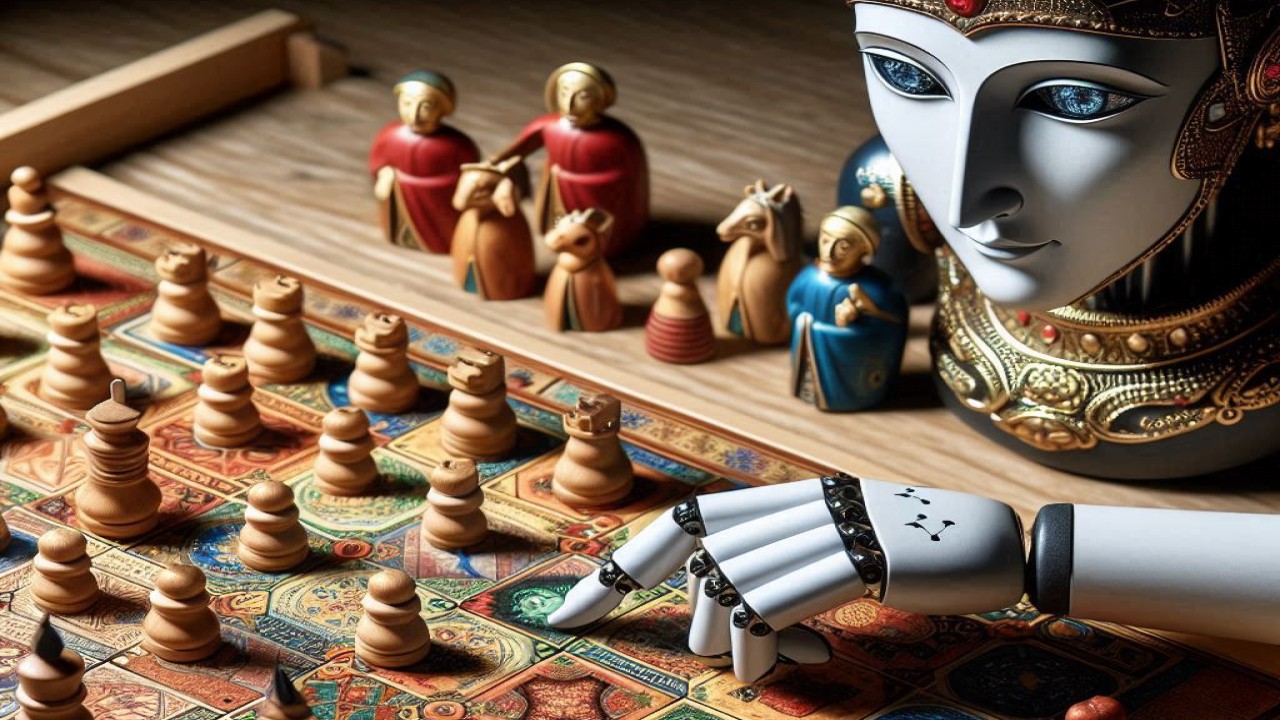
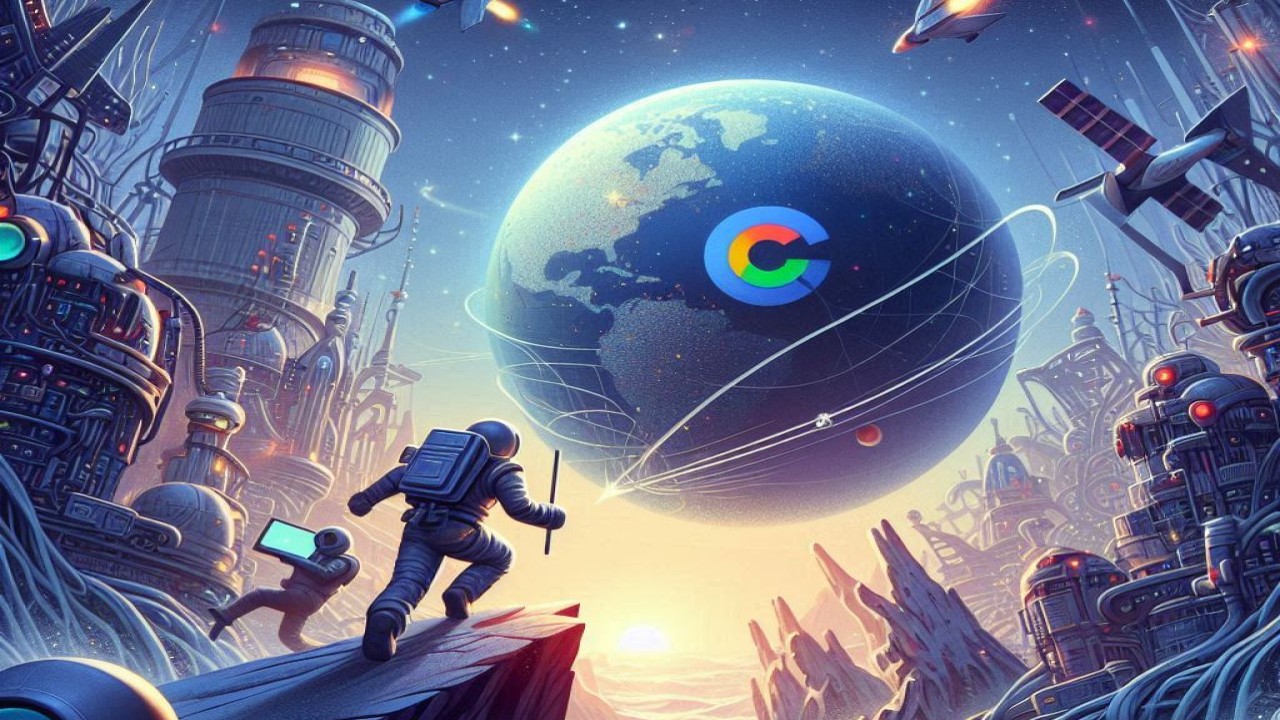
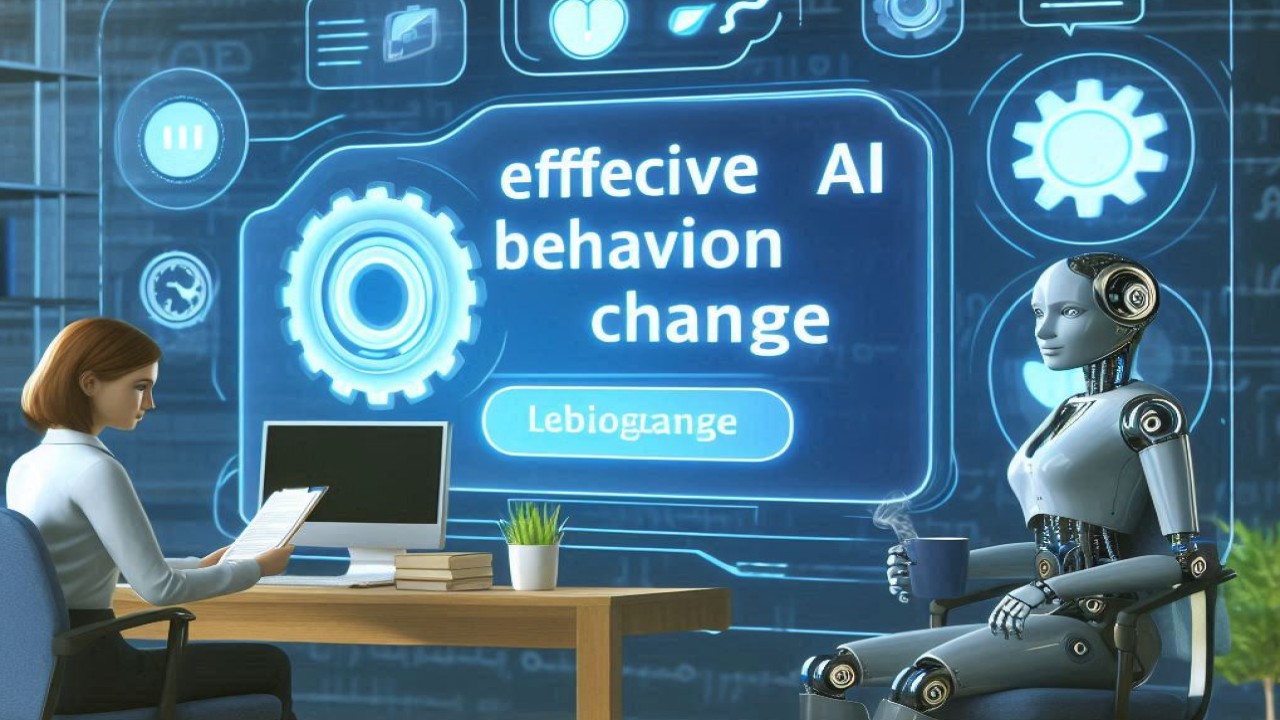

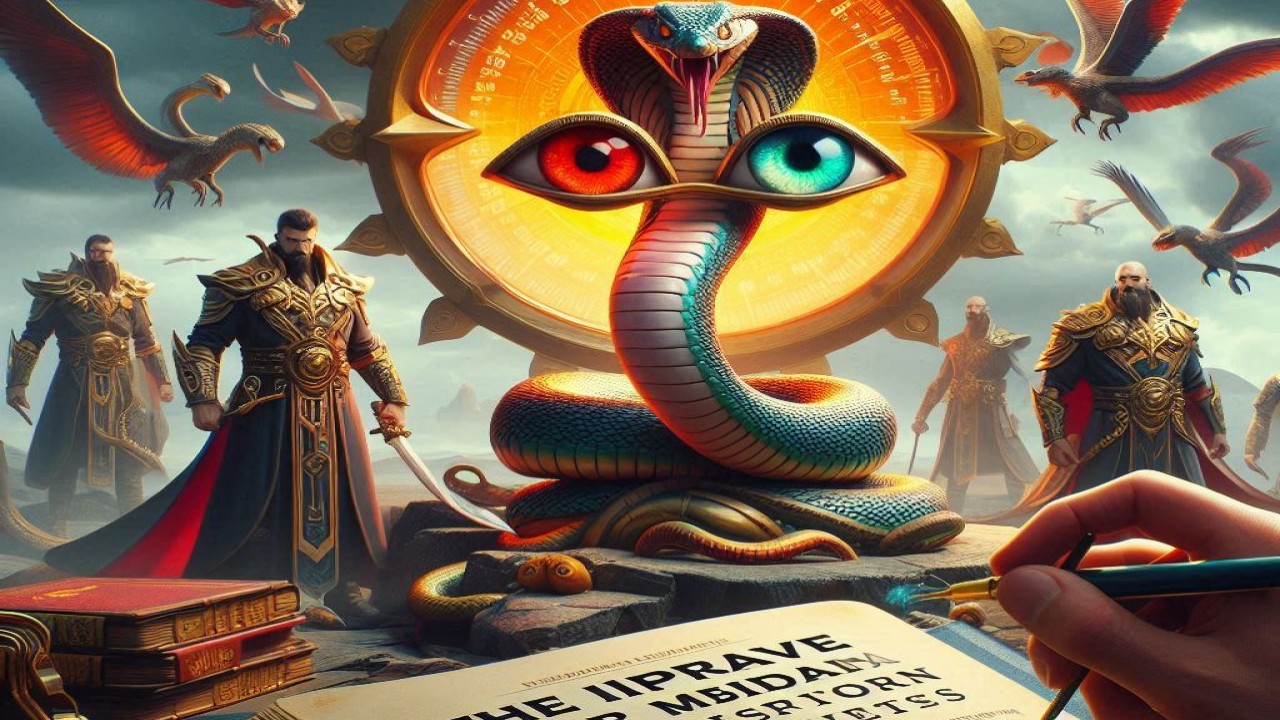



Comments (0)
No comments found